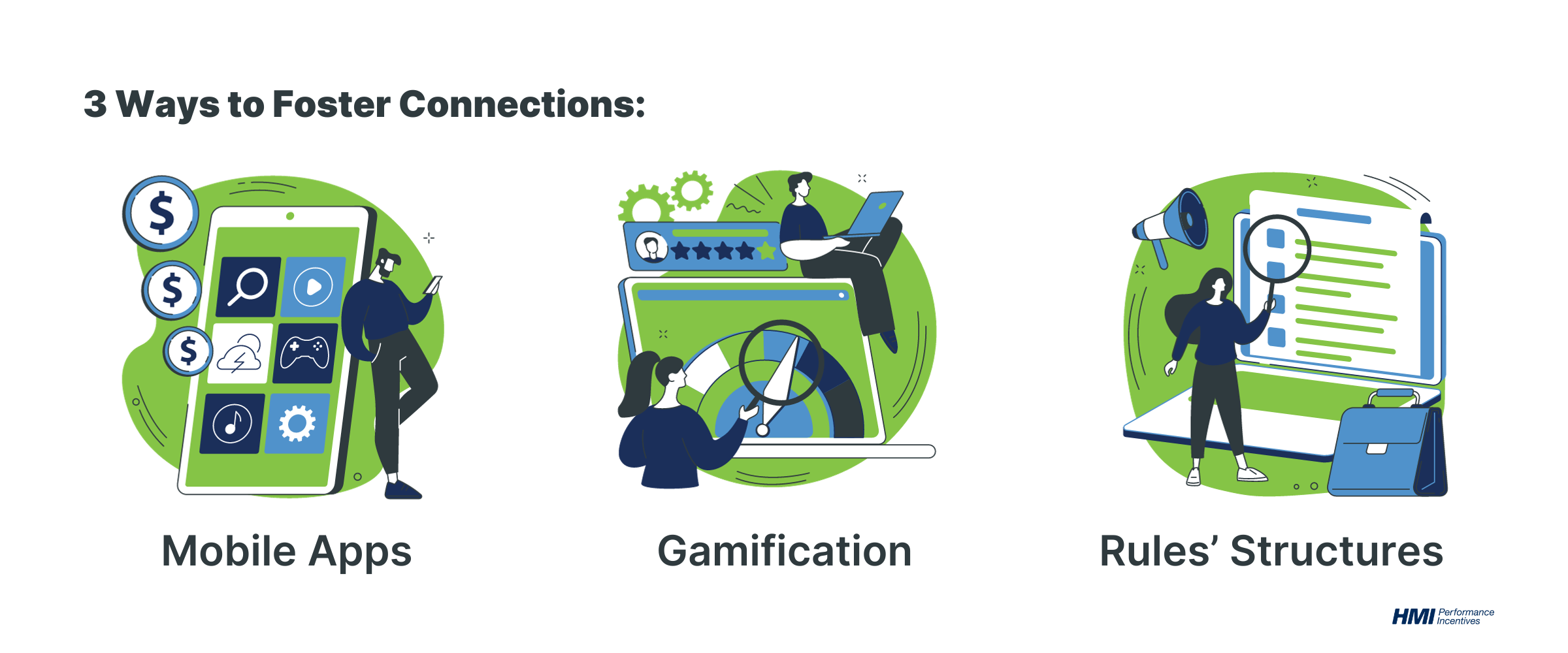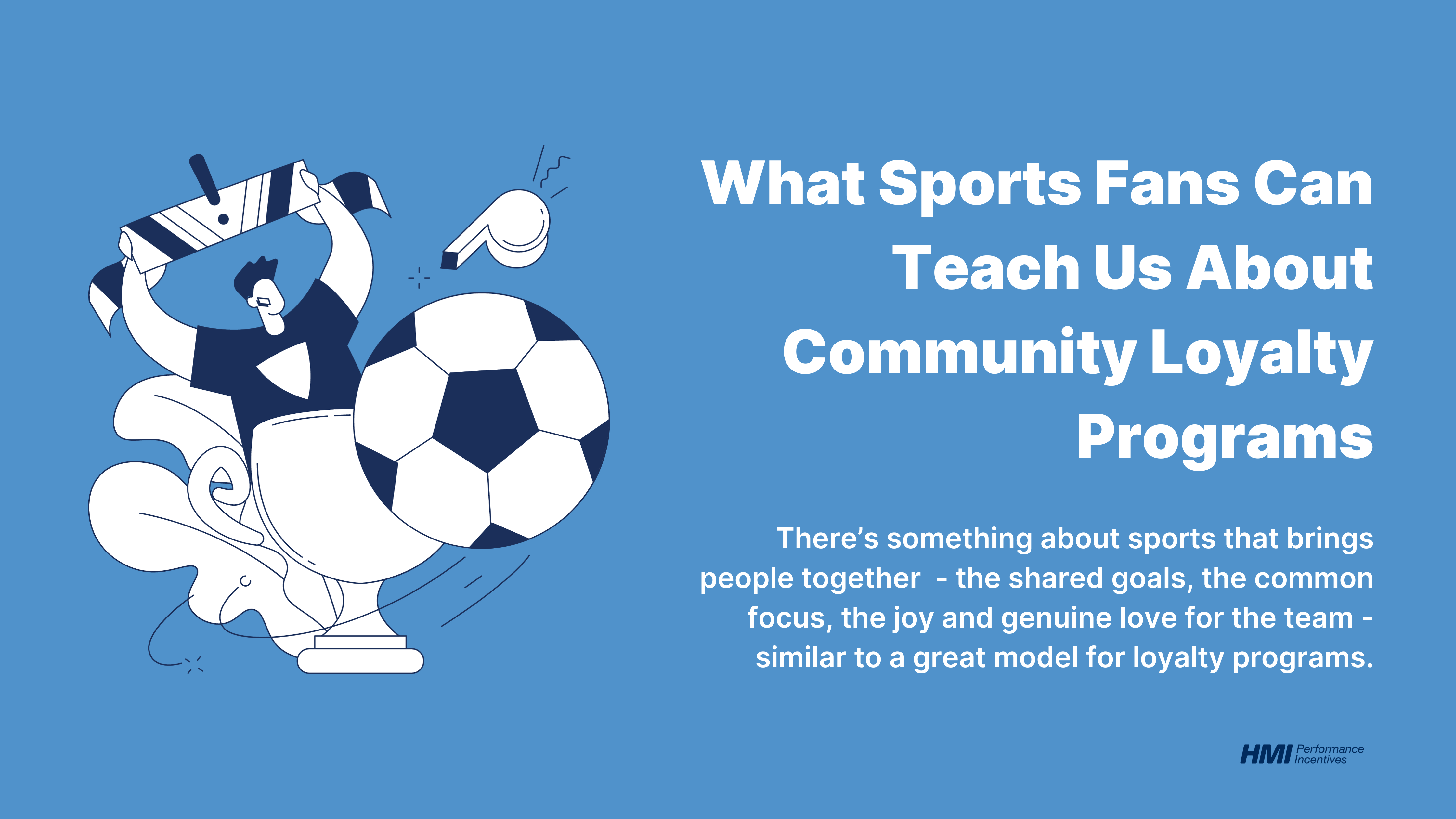How does fantasy football relate to the best loyalty programs?
I’ve been a big fan of fantasy football for a number of years. I’ve had a lot of great moments in my “career”, as well as my fair share of lowlights. But for whatever reason, one week that always stands out happened a few years ago.
Free Download: B2B Customer Loyalty eBook
I was trying to make the fantasy playoffs in one of my leagues and really needed a win. One of my players was the tight end for the Denver Broncos. He’d been playing well of late and was one of the best receivers on the team.
Unfortunately, in that Week 12 game my player only scored 2 points. I lost the game, putting my season and playoff aspirations in jeopardy.
What happened? Why do I bring this up? Right before that Week 12 game, the Denver Broncos found themselves without a quarterback. First, the starting quarterback, was ruled ineligible to play due to possible COVID-19 exposure.
Then, the same thing happen to the team’s two backup quarterbacks.
As a result, the Broncos called up a receiver from their practice squad to play quarterback. However, only a few weeks prior, he had been working in sales.
Now, he had to play the most difficult position in all of sports. Against one of the best defenses in football. With less than 24 hours of preparation. Sound fun?
Needless to say, it’s been a strange year for sports, and an even stranger year for sports fans.
There’s been canceled seasons and postponed games. There’s been empty and near-empty stadiums. We’ve seen seasons played in quarantine “bubbles.” And there’s been an absence of the normally important home-field advantage.
We’ve seen some of our favorite players have to go into quarantine. And we’ve watched as other players have even chosen to sit out an entire season just to stay safe.
For everyone involved in sports, this past year has clearly not been a normal one.
There have been the many logistical challenges of keeping incredibly popular sports leagues operating during a global pandemic. This has required some serious adjustments from both the leagues and the players themselves.
But through it all, one thing hasn’t changed. Sports fans’ passion for the games and the teams they have grown to love endures.
The Loyalty of Community
There’s something about sports that brings people together—the shared goals, the common focus, the joy and genuine love for the team.
The loyalty to a particular franchise is not something that’s easily broken. This is why you’re far more likely to see a player switch teams than a sports fan.
In large part, it’s this loyalty that creates an enduring sense of community among fans. It allows individuals from across the country and all over the world to share in a history of experiences together. These experiences are forged from the triumphs and failures of their favorite teams.
This concept of developing a community of sports fans also serves as a great model for loyalty programs.
The best loyalty programs are about earning rewards and “winning”. But they also find a way to cultivate the community aspect among their participants.
This is because these types of program tend to evoke stronger emotional brand connections than those whose primary focus is on financial incentives.
In the best loyalty programs, fostering connections can be achieved in various ways:

Mobile Apps
One example can be pulled from the group travel arena.
Here, a mobile app may provide shared knowledge and updates about what’s going on with a program. But it also enables participants who download the app to engage with others and with the brand itself.
Gamification
Another avenue for building community is gamification.
Leaderboards and other “score-keeping” tactics bring in elements of fun competition and a sports mentality. Both of these have been shown to drive better engagement in programs.
Another important element involves enhancing gamification strategies with centralized and open-ended communications platforms like forums and chats. These can provide additional opportunities for social- as well as business-related dialogues.
By maintaining this level of dialogue among participants, the best loyalty programs also keep our community of participants engaged.
Rules’ Structures
Lastly, program rules’ structures can also be designed to promote loyalty and positive community behavior.
For example, if a company operates across numerous national branches, you can structure a program with activities and rules that lead to interaction among these branches.
In one such program we’ve run, branch managers and employees were encouraged—and in some cases incentivized—to post the current promotions they were running at their respective branches.
These participants also took pictures of their shelves with the company’s products on them. They then uploaded these images to the central rewards platform for all to see.
These sharing activities can provide opportunities for participants to earn extra rewards.
They can also help breed greater loyalty to the company brand and produce mindshare that endures far beyond the length of the program.
Conclusion
Despite everything that’s happened over the past year, those of us who love sports continue to follow and support our teams.
Maybe our team isn’t “real,” and our “sport” technically is more fantasy than reality.
And maybe our team has to play without its best player, or the home game has to be played in a bubble a thousand miles away from home.
But still the loyalty remains. And so we’ll continue to watch the games and text our friends about them.
We’ll follow our teams along with the millions of others around the globe.
Because that’s what being a sports fan is really all about: enjoying a collective experience and engaging with a community of like-minded, like-hearted individuals.
Of course, there probably won’t be jerseys, stadiums, or cheering fans for a given loyalty program or the organization behind it.
But by focusing on developing a sense of community among those who participate in it, we can infuse the program with a shared purpose.
A purpose based on social interactions, common goals, and, if we’re lucky, a sense of loyalty that’s reminiscent of a true sports fan.
Photo by Free To Use Sounds on Unsplash








